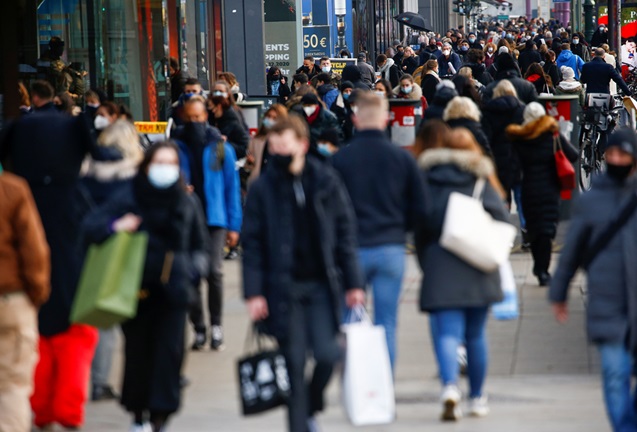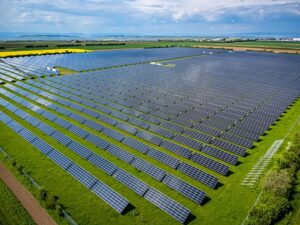Germany’s economic outlook has hit a rough patch, with the country’s GDP growth forecast for this year slashed to a mere 0.2%. The revised estimate, a stark drop from the previously anticipated 1.3% growth, reflects the challenging global economic landscape and sluggish world trade growth, exacerbated by rising interest rates.
Economy Minister Robert Habeck acknowledged the tough road ahead, citing dampened investments, particularly in the construction sector, as a major contributing factor. The construction industry has been hit hard, with project cancellations and dwindling order numbers raising concerns about further challenges ahead.
Despite some positive signs such as falling energy costs and inflation, along with increased consumer spending power, Germany has been slow to emerge from the economic fallout of recent years. Habeck noted the country’s resilience in the face of disruptions in energy supplies due to the conflict in Ukraine but emphasized the need for caution.
Germany narrowly avoided a recession in the latter half of 2023, with GDP declining by 0.3% for the full year. The country’s budget crisis, stemming from a 60 billion euro hole caused by a court ruling on emergency debt reallocation, adds to its economic woes.
Habeck highlighted the looming challenge of a skilled labor shortage, which is expected to worsen in the coming years. He also underscored the need to address structural issues to maintain Germany’s competitiveness as an industrial powerhouse.
Inflation is expected to ease to 2.8% in 2024 before returning to the target range of 2% in 2025. The recent harmonized consumer price index for January 2024 stood at 3.1% annually, indicating ongoing pressures on prices.
Despite these challenges, Habeck expressed confidence in Germany’s ability to navigate these tricky waters, emphasizing the need for prudent economic management and structural reforms to steer the country back on a path of sustainable growth.
(Source: Reuters | CNBC)









